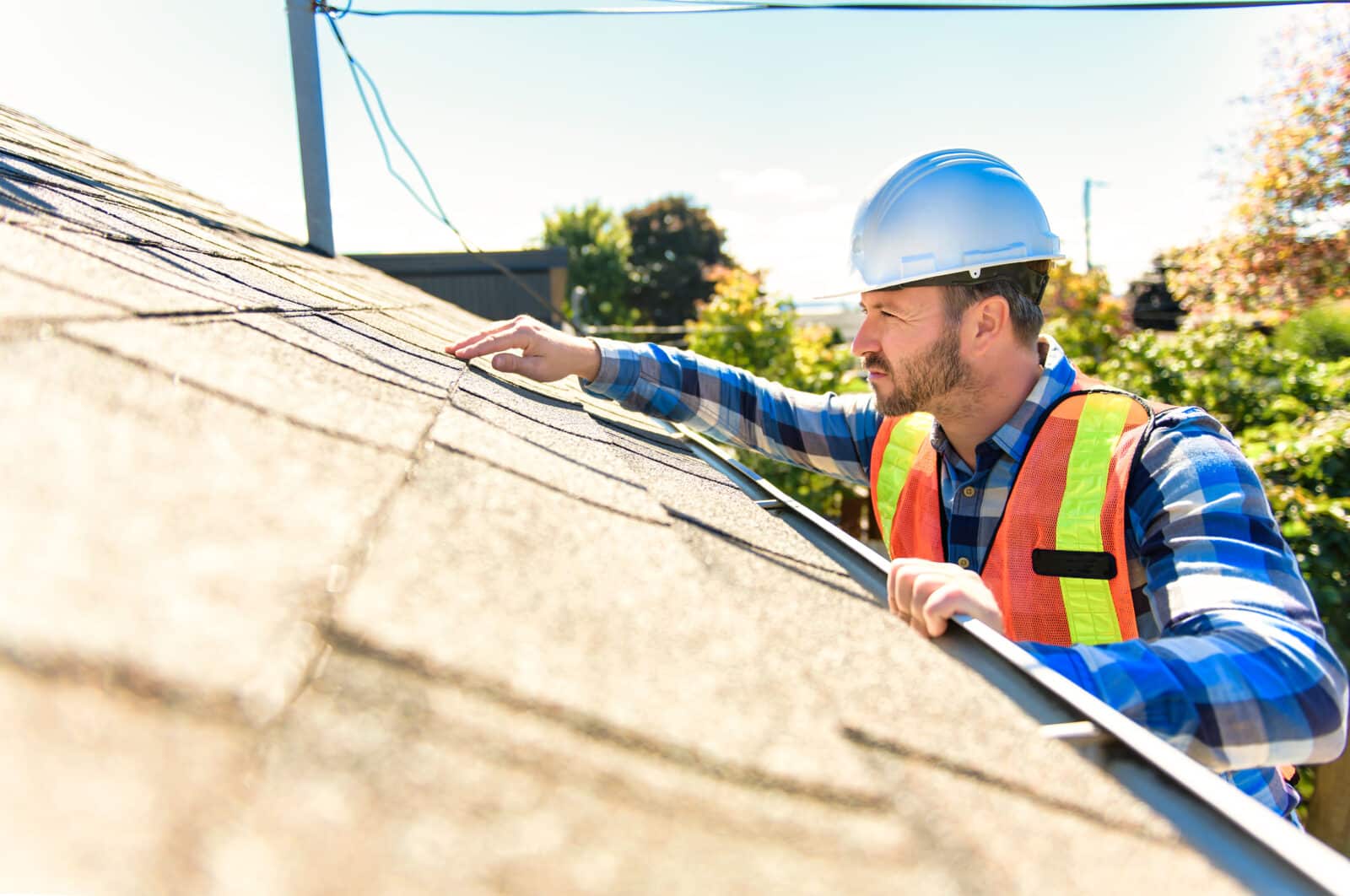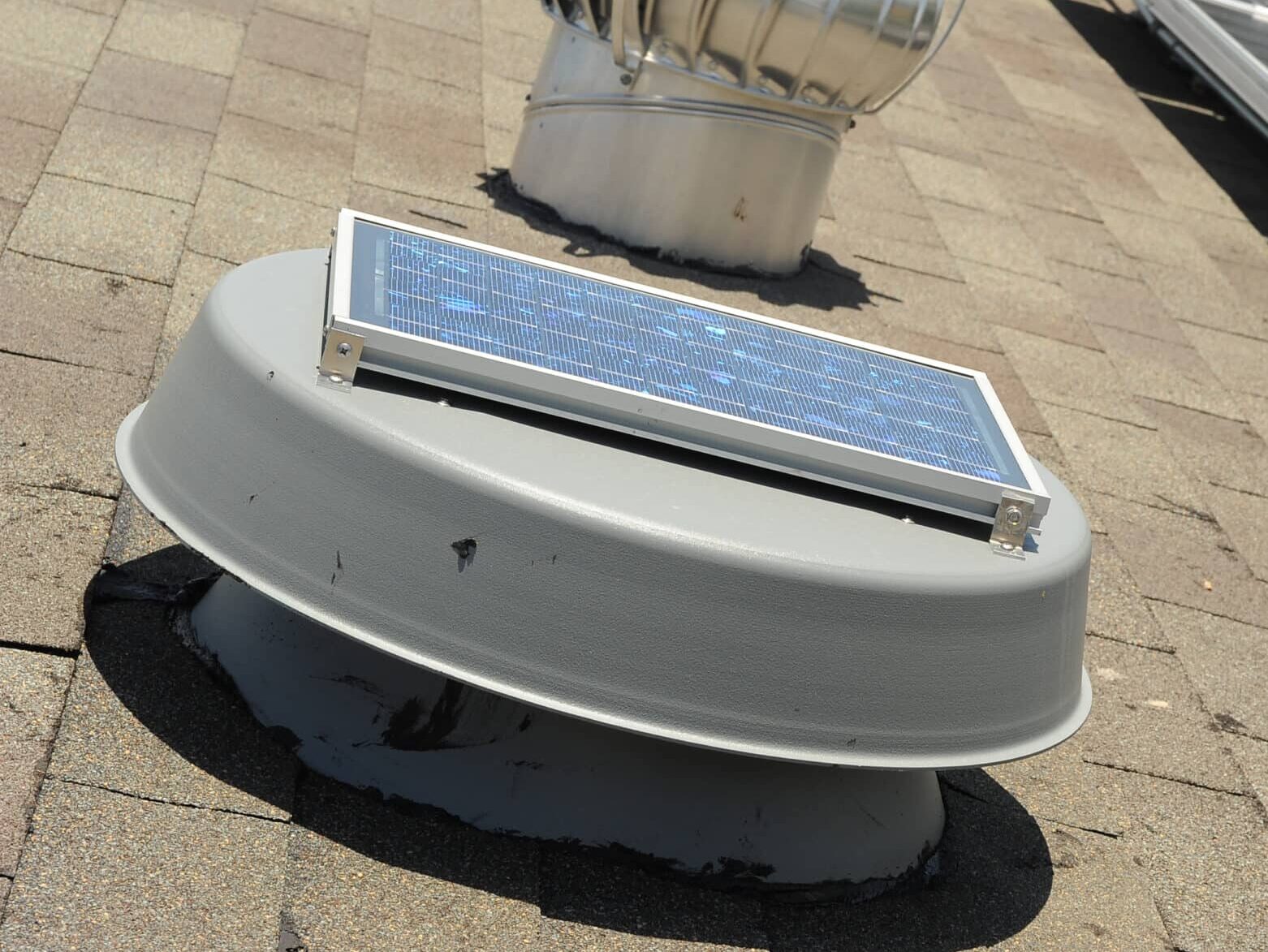A well-maintained commercial roof can save your business money and avoid costly repairs down the line. Implementing essential maintenance strategies can extend the life of your roof and ensure the safety and efficiency of your building. In this article, we’ll explore a few key tips for maintaining your commercial roof’s health, safety, and longevity.
Table of Contents
Perform Regular Roof Inspections
Regular inspections are crucial for identifying any potential issues with your roof before they turn into expensive problems. Schedule routine inspections at least twice a year or after any severe weather events. Consider hiring a professional roofing contractor to perform these inspections to ensure that all areas are thoroughly assessed.
Trim Nearby Trees
Trees with branches hanging over your commercial roof can pose a significant hazard. Falling limbs can puncture the roof, while overgrown branches can scratch and scrape the roof’s surface. Make sure to trim any large branches or trees close to your building to prevent possible damage.
Maintain a Maintenance Log
Keeping a record of your roof’s maintenance history can be invaluable in identifying recurring issues and tracking the overall health of your roof. A well-documented maintenance log can also facilitate warranty claims and provide useful information to future building owners or managers.
In addition to the roof maintenance log, consider conducting a property condition assessment periodically to evaluate the overall state of your commercial property, including its roof, structure, and building systems.
Monitor Rooftop Equipment
Commercial rooftops often house essential equipment such as HVAC units, vents, and skylights. Ensure this equipment is properly installed, securely fastened, and in good working order. Periodically inspect rooftop equipment for signs of wear, corrosion, or damage and schedule repairs as needed.
Keep the Roof Clean
Remove debris, dirt, and other contaminants from the roof’s surface to prevent damage and promote proper drainage. Stagnant water, leaves, and other debris can lead to leaks and damage the roofing material. Make sure to clean gutters, downspouts, and rooftop drains regularly to maintain optimal roof health.
Train Your Employees and Contractors
Employee and contractor awareness is key to maintaining the integrity of your commercial roof. Train your employees and contractors about proper roof access, the importance of regular maintenance, and precautions to take when working on the rooftop. By educating your team, you can avoid inadvertent damage and ensure everyone contributes to the ongoing care of your roofing system.
Ensure Adequate Drainage
Poor drainage systems can lead to pooling water and eventually cause leaks or even structural damage. Inspect your roof’s drainage system regularly to ensure that it is functioning correctly. Keep an eye out for clogged or damaged drains, gutters, and downspouts, and address any issues promptly.
Address Leaks and Repairs Immediately
If you notice any signs of leaking, such as water stains, mold, or unusual odors, address the problem as soon as possible. Delaying leak repairs can lead to even more significant damage and costly repairs. Hire a professional roofing contractor to assess and repair the problem to ensure it’s fixed correctly.
Check Sealants and Flashing
Sealants and flashing are essential components of your roofing system, as they protect vulnerable areas and prevent water intrusion. Inspect these components regularly for any signs of cracking, peeling, or damage. Replace damaged sealants and flashing as needed to maintain a weather-tight seal on your roof.
Schedule Regular Preventive Maintenance
Establishing a regular preventive maintenance schedule can help you avoid costly roof repairs. A professional contractor can help you create a maintenance plan tailored to your specific roof material, age, and environmental factors. These scheduled visits can help detect minor issues before they become significant problems, increasing the life expectancy of your commercial roof.
Prioritize Proper Ventilation
Proper ventilation is essential for maintaining the health and longevity of your commercial roofing system. A well-ventilated roof can prevent excessive heat and moisture buildup, which can lead to damaged insulation, material decay, and mold growth.
Ensure your commercial building has an adequate ventilation system in place to promote proper airflow and reduce the risk of potential roof damage.
By incorporating these essential commercial roof maintenance tips into your regular routine, you can extend the life of your roof, save your business money, and prevent costly roof-related issues.
Remember, a proactive approach to roof maintenance is far more cost-effective than reactive repairs. Protect your investment and keep the roof over your head for years to come!





